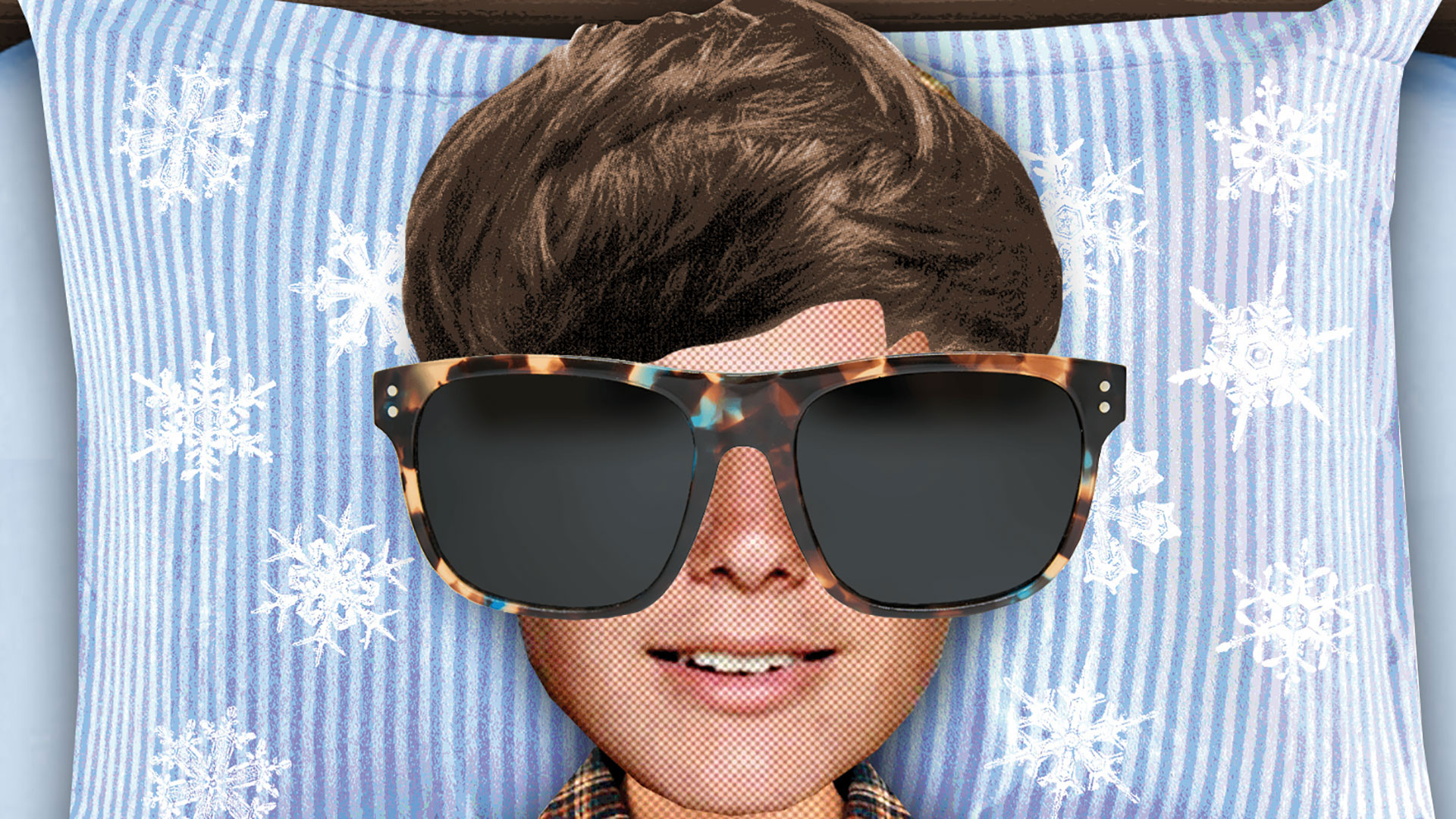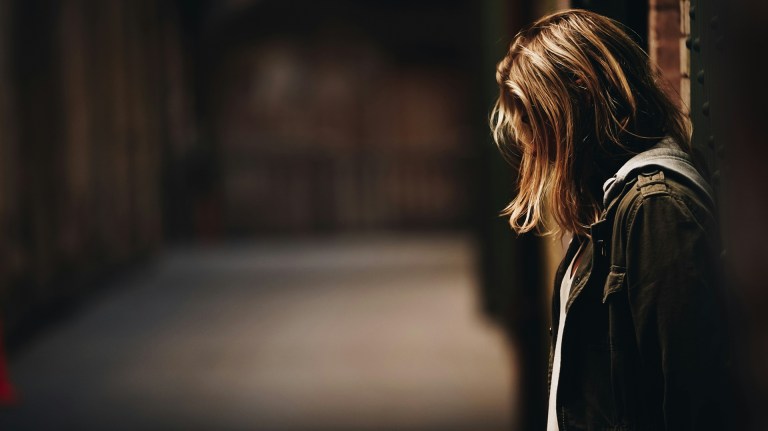How it was told
It might sound like a privilege reserved for Bono or other shades-loving celebs, but wearing sunglasses to bed is the secret to a peaceful 40 winks, according to some news outlets last week.
A study by the Amsterdam UMC hospital into how blue light from using phones or watching television before bed affects teenagers’ sleeping patterns attracted a lot of media attention and, unusually, quite a few different approaches to reporting it.
Take The Guardian, for example, which opted not to lead with the glasses angle, instead focusing on the other area of the study – namely screen-time abstinence, in “Limiting screen use for one week may improve teenagers’ sleep – study”.
For other newspapers, they had their eye on the glasses used in the study. The Daily Telegraph opted for “Wearing glasses to knock out blue light before bed can stop sleep disruption” while The Independent went with “Special glasses may reduce sleep-disrupting effects of smartphones, study suggests”.
And then that brings us to the Daily Star, The Sun and Mail Online. They all focused on the use of sunglasses to block out the offending blue light that is disrupting sleep. For example, in The Sun: “EN-LIGHT-ENING: Wearing SUNGLASSES to bed ‘helps you sleep better after just one week’”.
The Daily Star’s own approach deserves particular scrutiny as it opts for the headline “Snowflakes told to sleep in SUNGLASSES to stop looking at phones”. How dare those teenagers want a decent night’s kip, eh?










